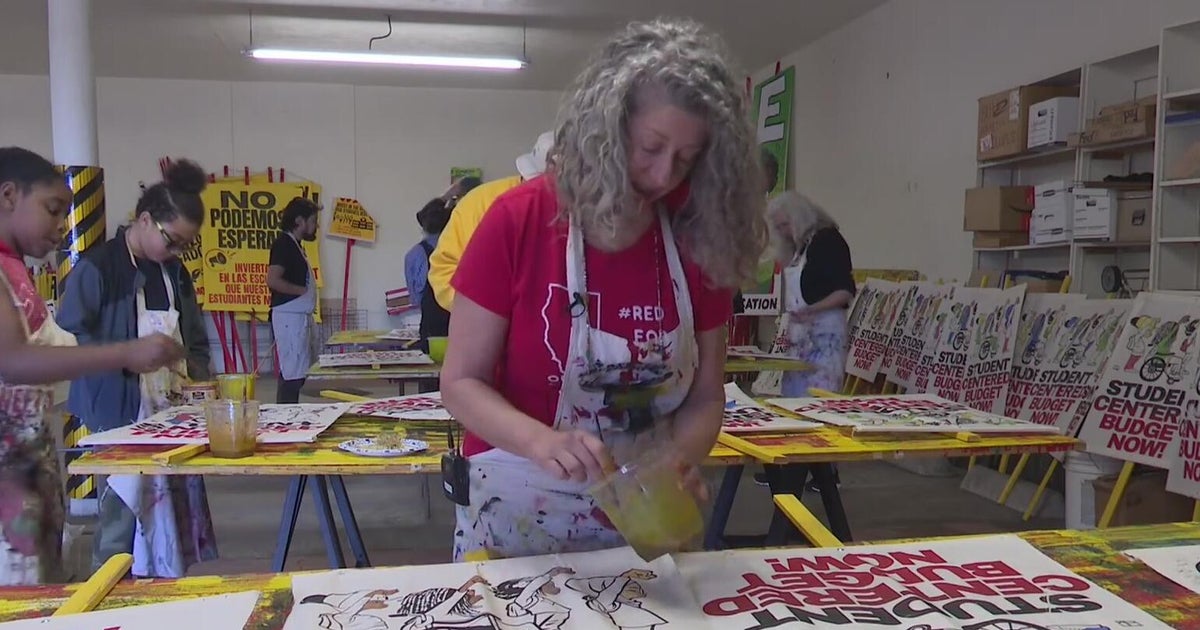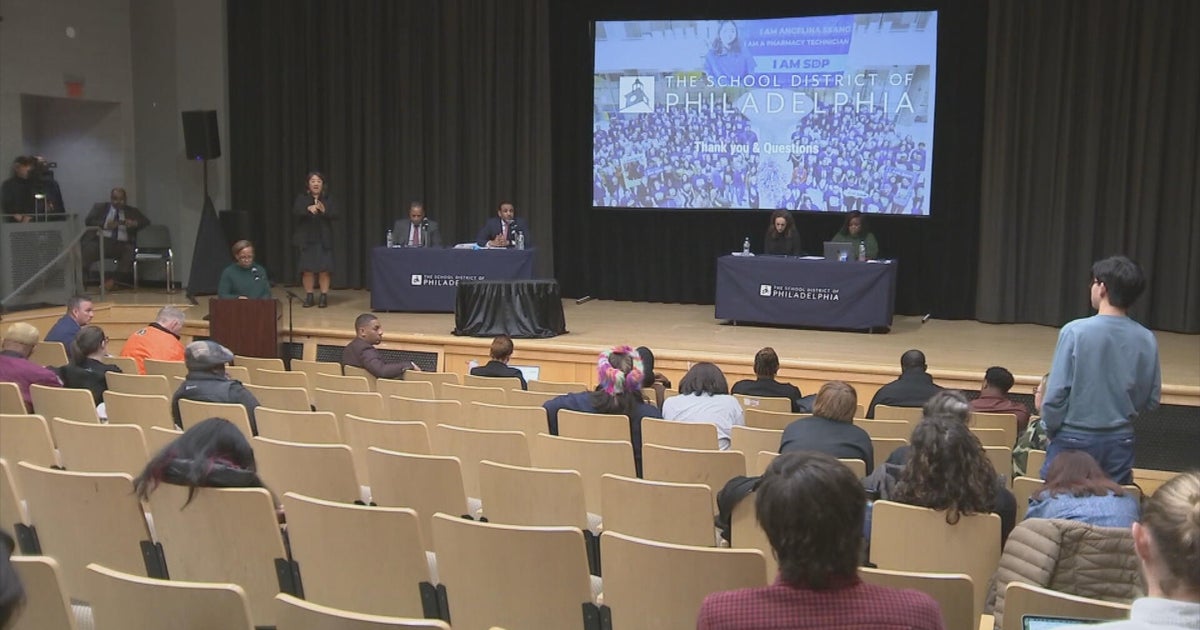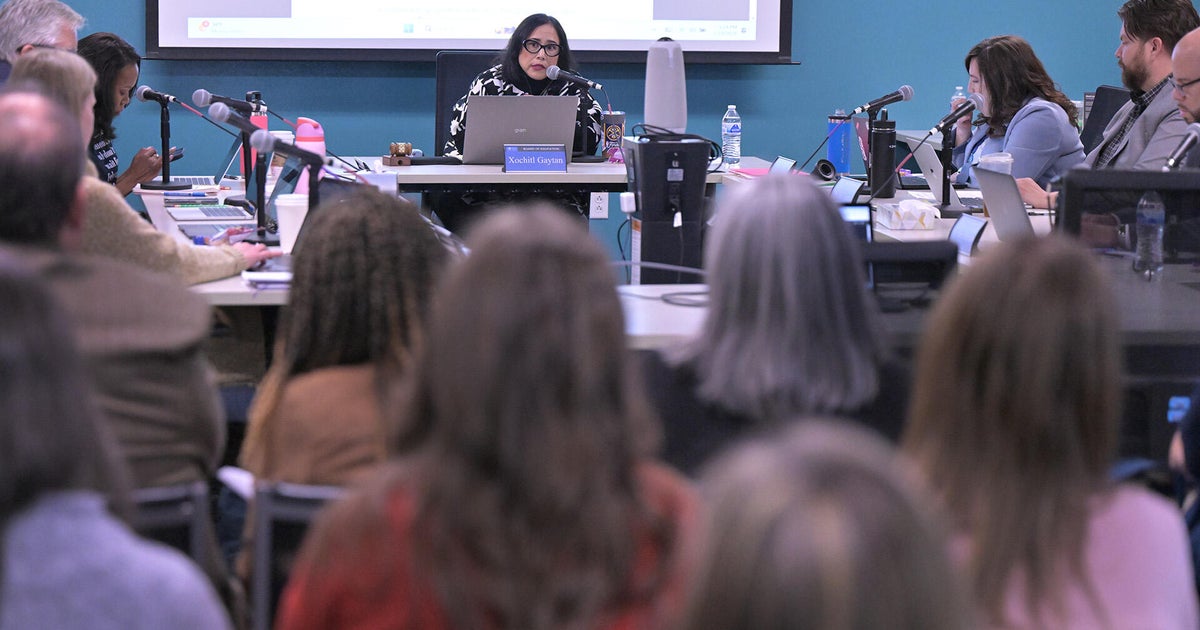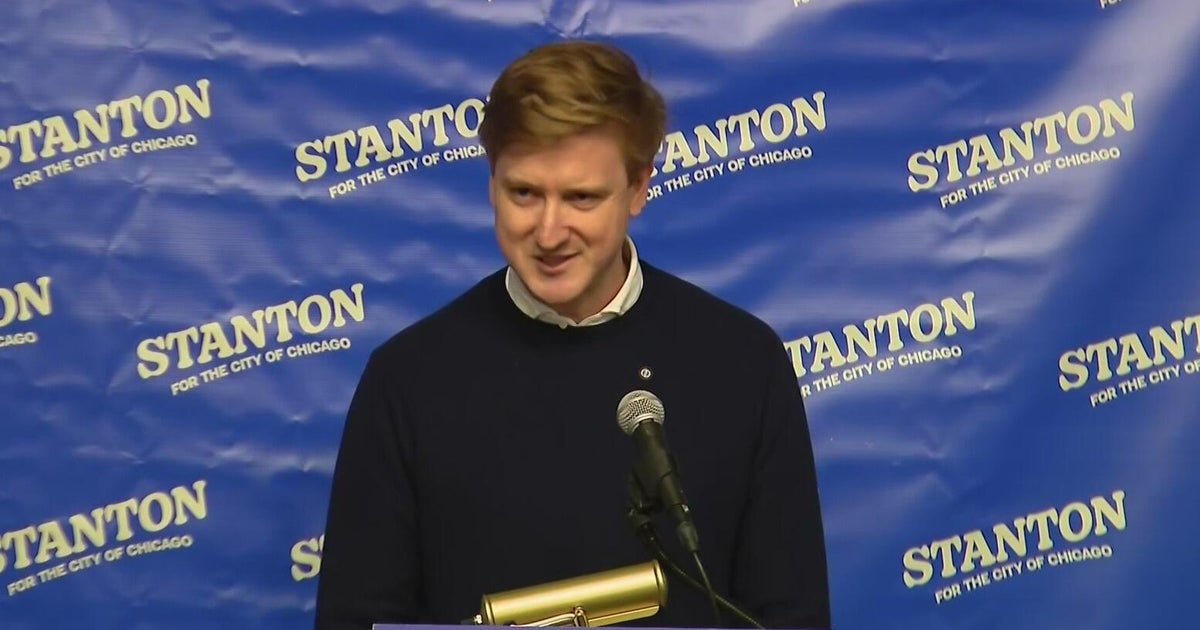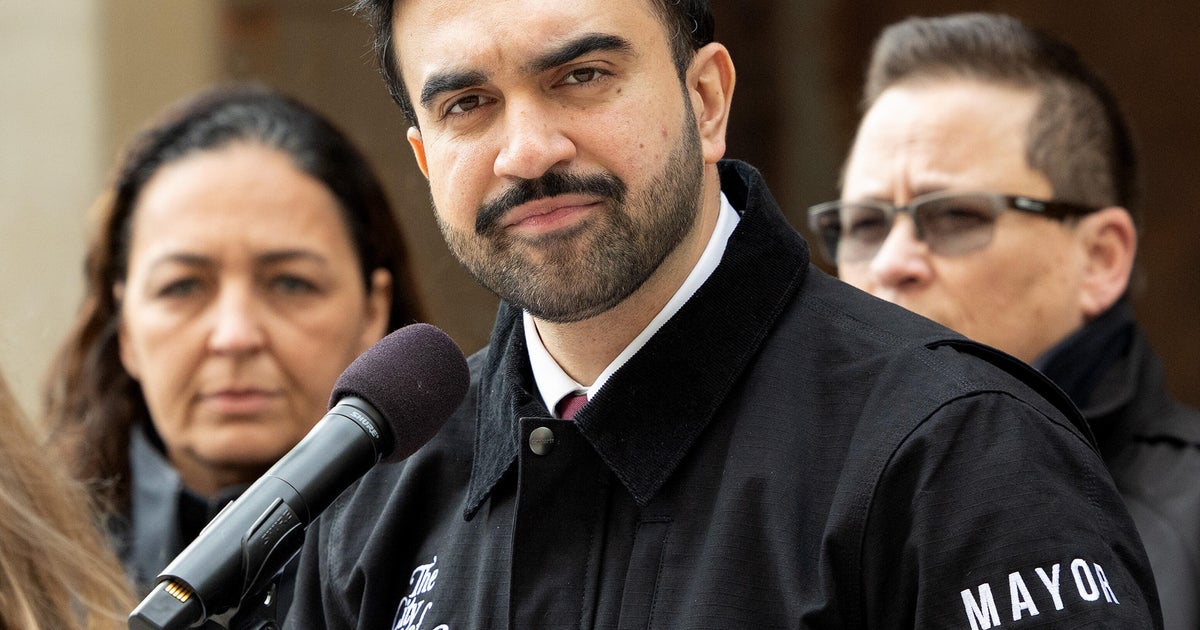School Board Unanimously Approves Longer School Year
UPDATED 03/28/12 - 5:21 p.m.
CHICAGO (CBS) -- Despite complaints from teachers that it would lead to student burnout and decreased teacher morale, the Chicago Board of Education has unanimously approved Mayor Rahm Emanuel's plan to extend the school year by 10 days starting in the fall.
As CBS 2's Marissa Bailey reports, the board unanimously approved the longer school year, which would eliminate days off on Pulaski Day and Columbus Day. The vote came shortly after 5 p.m., more than six hours after the start of the day's meeting.
Board members did not discuss their decision after their vote.
The district has not yet shared how it plans to fund these changes, despite an expected $600 million to $700 million deficit next school year.
The Chicago Teachers Union had picketed outside the board's offices Wednesday morning and union members spoke out against the plan during the public portion of the meeting.
As CBS 2's Susanna Song reports, the union argued that the new schedule would make the school year for Chicago Public Schools the longest in the country. Teachers also blasted the proposal to eliminate two holidays, saying the new schedule would force students to attend classes for nine consecutive weeks with no days off, other than weekends. They also said it would leave teachers little time to plan lessons.
"This calendar will lead to student burnout, teacher absences, poor academic performance, and a decrease in staff morale," said Michael Benson, with the Chicago Teachers Union.
The calendar also shortens parent-teacher conferences.
Wednesday morning, teachers picketed outside the CPS Headquarters, 125 S. Clark St.
Some were still holding picket signs protesting against the longer school day that will come district-wide next school year. But now, members of the union say the school board is adding fuel to the fire, by now trying to extend the school calendar.
The teachers are particularly upset about what they say will be 10 lost planning days.
"So the board his this new calendar that they put in place, and all these new initiatives, yet there's not enough time to talk about or plan these initiatives, so it's incohesive. It doesn't make any sense," said teacher Danielle Juracka.
Teacher Ed Hershey is taking issue with the loss in parent-teacher conference time.
"We need t the time to talk to the parents, and I think you can't do it halfway," Hershey said. "I think it won't be better for the students, and I think it will be a lot worse for the parents, because won't have the time to sit with them, collaborate with them, have the discussions that we need to have."
The proposal would also eliminate the days off now granted for Pulaski Day in March and Columbus Day in October.
"There's no real input. What the mayor says goes," Hershey said. "This is the only district like this in Illinois, where the mayor just gets to dictate everything on the school system."
Last year, the union got into a public fight with the mayor and CPS Chief Executive Officer Jean-Claude Brizard, after the Chicago School Board canceled 4 percent pay raises that were part of the teachers' contract.
The Teachers Union also took issue with plans for a longer school day, a cause that Emanuel and Brizard have championed since they took office.
The union was infuriated when Emanuel and Brizard urged schools to break ranks with the union and go ahead with the longer school day on their own. The schools that complied received an extra $150,000 in funding from CPS, and teachers at the schools received $1,250 bonuses and 2 percent raises.
The union then sought an injunction to block the longer day from taking effect this year. Teachers Union president Karen Lewis argued that Emanuel and Brizard violated the union's contract by allowing some schools to break ranks.
However, on Wednesday, the union said it had reached an agreement with CPS to pay the teachers at those schools the same salary for this year that they will receive next school year, when a longer school day and school year go into effect.
"Today's settlement is a great victory for collective bargaining in Chicago, and a step forward for the Chicago Public Schools," said CTU President Karen Lewis. "The longer school day will give CPS students the schools they deserve only if sufficient resources are devoted to making it work, including fair compensation for teachers. We have serious reservations whether CPS will devote sufficient resources system-wide to maintain reasonable class size, educate the whole child, provide robust wrap-around services, and provide quality facilities. But CPS makes its first good faith step in that direction today."
The deal essentially guarantees teachers at the 13 schools already implementing a longer school day the same salary for 2011-12 that they will receive after CPS and the union reach a contract agreement for the 2012-13 school year.
The union estimated that would amount to $300,000 in back pay, or up to $1,500 for each teacher, in addition to the stipends they already received.
LISTEN: WBBM Newsradio's Lisa Fielding reports
Podcast
Meanwhile the schools also face major financial challenges – without money, schools cannot run properly. CPS officials were expected to take time at the board meeting to discuss the $700 million budget deficit for next year.
One parent came to the meeting wanting to know how the district plans to fund the longer school day when it is so deep in debt.
"Parents are in support of a reasonable extension of the day, but we cannot fund a 7 1/2 hour day with when we have $700 million projected deficit. When you extend the day by 105 minutes, it needs to come with funding," said Wendy Katten. "That's having, like, education on the cheap, and it won't work. We need quality for our children.
The deficit could top $1 billion by 2014, when the district will have to resume paying full pensions.
One proposed suggestion for savings would simply involve switching e-mail systems. If approved, the district would adopt Google apps for all employee e-mails.
The change would save more than $6 million over the next three years. Currently, school staff and administration use three different systems.
